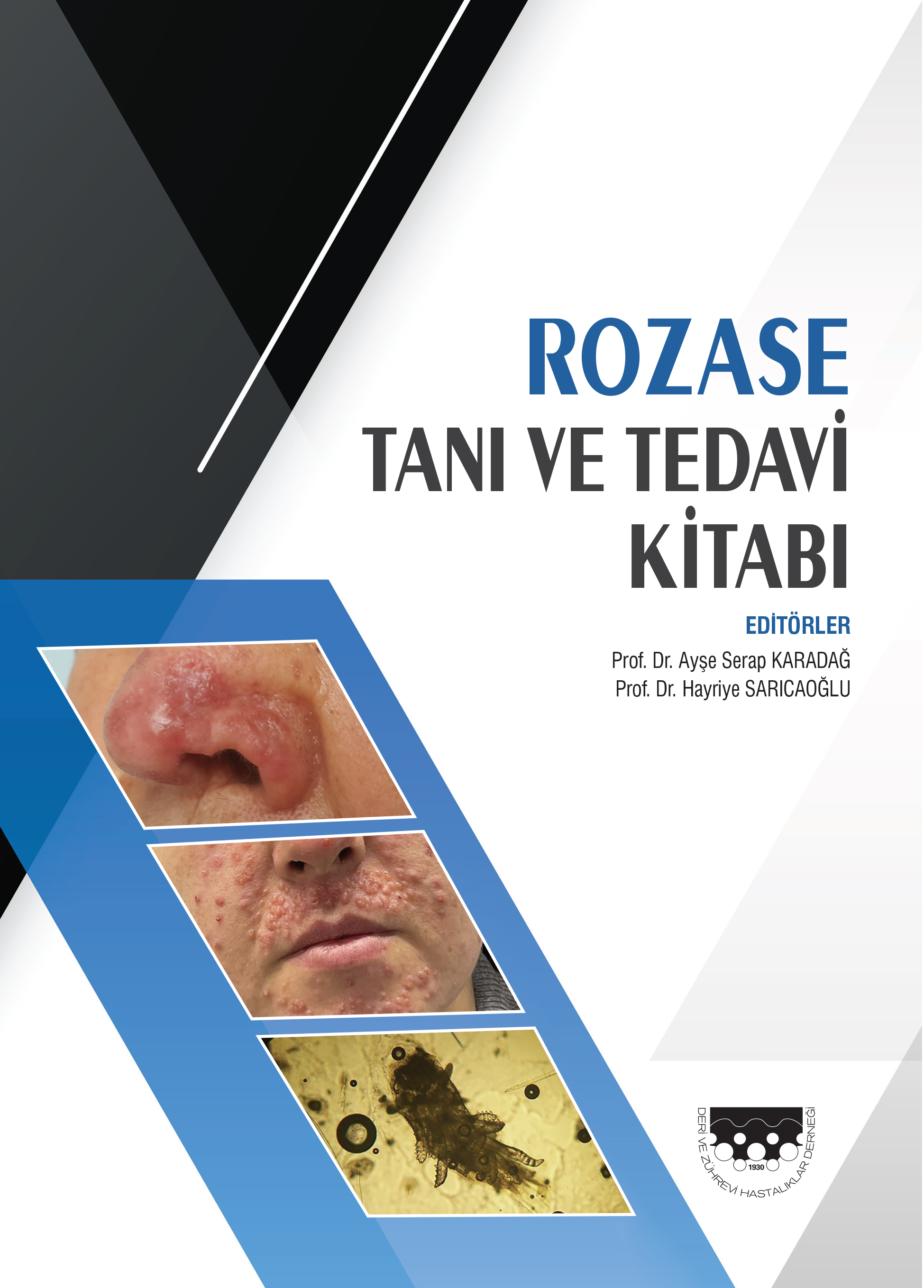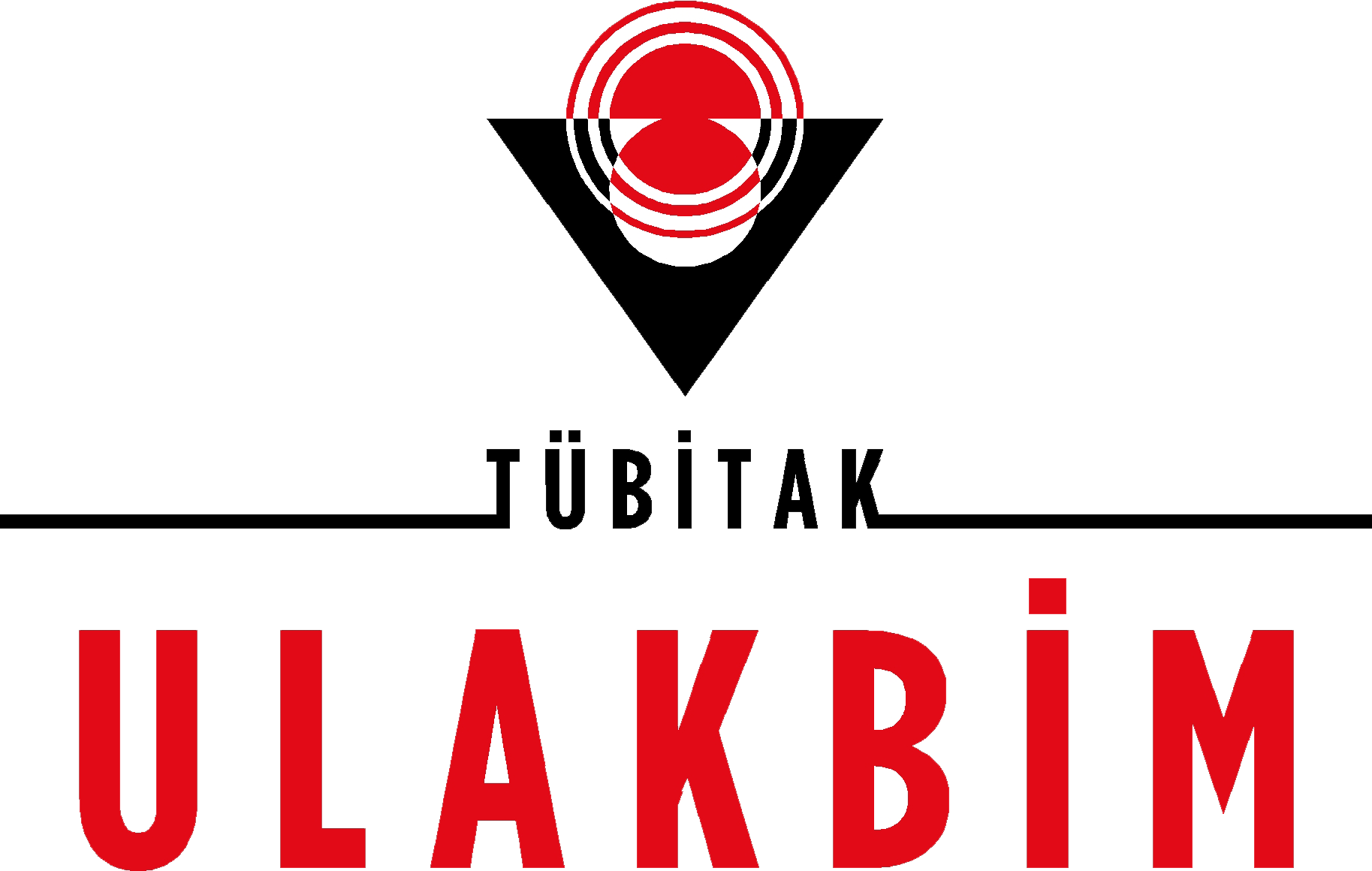HLA haplotypes in turkish patients with pemphigus and their healthy relatives
Mukaddes Kavala1, Burçe Can1, Sarper Diler2, Fatma Oğuz2, Emel Önal3, Emek Kocatürk11Department Of Dermatology, Göztepe Training And Research Hospital, İstanbul, Turkey2Department Of Medical Biology, Istanbul Medical School, İstanbul, Turkey
3Department Of Public Health,ıstanbul Medical School, Istanbul, Turkey
Background and Design: An association between pemphigus vulgaris and certain HLA serotypes that has been found in some ethnic groups suggests the presence of a genetic predisposition for the disease. The aim of this study was to evaluate the antigen frequencies of HLA-A, B, HLA-DR and DQ in patients with pemphigus and their healthy relatives and to adress their association with the disease. MATERIALS-METHODS: HLA class I antigens were determined by standart microcytotoxicity test in 38 patients with pemphigus, 35 healthy relatives, and in control group of 72 individuals while class II antigens were determined by PCR-SSP test in 41 patients with pemphigus, 43 healthy relatives and in 72 controls. RESULTS: HLA class I antigens, A26(10), A28, B44 and HLA class II antigens, DR14 were significantly high in pemphigus patients whereas HLA-A30, A32, B35 and HLA-DR16 were high among controls. In healthy relatives of the patients HLA class I antigens, A26, A28, B57, B62 and HLA class II antigens DR4, DR14, DQ1 were found significantly high while HLA-A29, A30 and HLA-DR3, DR11, DQ5,DQ6 were significantly low. There was no significant association of the other HLA-A,B,DR,DQ antigens with pemphigus. CONCLUSION: Our findings suggest that the occurrence of HLA-A28 and B44 is specific for the Turkish population having an impact in disease susceptibility whereas HLA-A30, A32 and DR16 have a protective role in pemphigus.
Keywords: Pemphigus vulgaris, HLA antigensPemfigus hastalarında ve sağlıklı yakınlarında HLA antijenlerinin değerlendirilmesi
Mukaddes Kavala1, Burçe Can1, Sarper Diler2, Fatma Oğuz2, Emel Önal3, Emek Kocatürk11Göztepe Eğitim Ve Araştırma Hastanesi, Deri ve Zührevi Hastalıklar Kliniği, İstanbul2İ. Ü İstanbul Tıp Fakültesi,tıbbi Biyoloji Anabilim Dalı, İstanbul
3İ. Ü İstanbul Tıp Fakültesi, Halk Sağlığı Anabilim Dalı, İstanbul
AMAÇ: Pemfigus vulgarisli hastalarda bazı HLA doku gruplarının pozitif bulunması patogenezde genetik bir yatkınlığın olabileceğini göstermektedir. Biz de çalışmamızda pemfiguslu hastalarda ve sağlıklı yakınlarında HLA-A, B, HLA-DR ve DQ antijenlerini ve ailesel yatkınlığın varlığını araştırdık. GEREÇ-YÖNTEM: Bu amaçla pemfigus vulgarisli 38 hastanın, 35 hasta yakınının ve 72 kişilik kontrol grubunun HLA klas I antijenleri mikrositotoksisite metodu, pemfigus vulgarisli 41 hasta, 43 hasta yakını ve tüm kontrol grubunun klas II antijenleri ise PCR-SSP yöntemi ile araştırıldı. BULGULAR: Pemfiguslu hastalarda HLA klas I antijenlerinden A26(10), A28, B44, HLA klas II antijenlerinden DR14 kontrol grubunda ise HLA-A30, A32, B35,HLA-DR16 yüksek bulundu. Sağlıklı hasta yakınlarında HLA klas I antijenlerinden A26, A28, B57, B62, HLA klas II antijenlerinden DR14,DR4,DQ1 anlamlı derecede yüksek HLA-A29, A30, HLA-DR3, DR11, DQ5,DQ6 anlamlı derecede düşük bulundu.Diğer HLA-A,B,DR,DQ antijenleri ile pemfigus hastalığı arasında anlamlı bir ilişki saptanamadı. SONUÇ: HLA-A28 ile B44 pozitifliğinin Türk toplumuna özgü olup hastalığa yatkınlıkta rolü olduğu, HLA-A30, A32, DR16 negatifliğinin ise hastalığa karşı koruyucu özellikte olduğu düşünüldü.
Anahtar Kelimeler: Pemfigus Vulgaris, HLA antijenleriManuscript Language: Turkish























